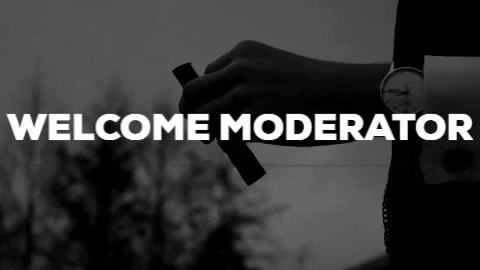The
Mindhunter title sequence is very effective. The story of the opening sequence
is very linear, as it only follows a single story. This makes it easier for an
audience to be able to keep track of what is happening on screen without
getting confused with who the characters are and who the minor characters are. The
Title Sequence is a chance for the filmmaker to set the tone and prepare the
audience for the world they are about to enter.
The title
a sequence is a person setting up an old style of audio recording hardware. This
includes the diegetic sound of the hardware making creaks and the gyrating
sound of metal on metal when he/she is screwing on bits of the machinery. This
linear storyline avoids the addition of new characters, allowing the viewer to
have a simple introduction to the new TV show. This avoids confusion and the
viewer becoming overwhelmed with new and possibly irrelevant characters without
even starting the show.
The use of the subliminal editing of
the chilling images of rotting corpses and the dead person is very jarring. The quick-fire
nature of these images helps to create a semantic field of psychological
horror, as the images never stay on screen long enough for the viewer to get a
good glimpse of what’s actually appeared on the screen. This could imply as to what
the viewer is about to see in the episode, showing bits and pieces of the lore.
This gives the viewer a brief introduction to the victim of the crime and leads
them to make questions as to the significance of the corpse and the significance
of the person setting up the machinery.
Combine this with the eerie, sparse sound of
the non-diegetic sound of the piano in the background. This gives the effect of
the viewer's mind filling in the blanks. As the viewer can only get a split
second of an image, their brain plays a part in over-exaggerating the
seriousness of the images and making the images even more horrifying. The
juxtaposition of the shot of the recording equipment and the corpse allows the
viewer to conjure two questions: Who is the corpse, and why is there recording
hardware.
The sound of
the eerie piano is stereotypical of a psychological horror genre tv show. The
sound of the harder-hitting keys of the piano provokes a hard cut to the frame
of the corpse. This is very effective as syncing the sound to the video gives
the title sequence the pace that the director is trying to give. In contrast,
the pace of the person setting up the machine is much slower than the quickened
frames of the corpse. At the end of the title sequence, the main title of Mindhunter appears on the screen, accompanied by a bass-filled hum of a breath. This could
mean many things and the audience will generate their own questions about why
it is significant. It could be indicating what the Mindhunter’s do in their
jobs, the breath signalling death suggesting they are involved in, or it could
present the possibility of it being the corpse’s last breath too.




Excellent analysis expressed thoughtfully with clear awareness of how genre codes are created.
ReplyDelete